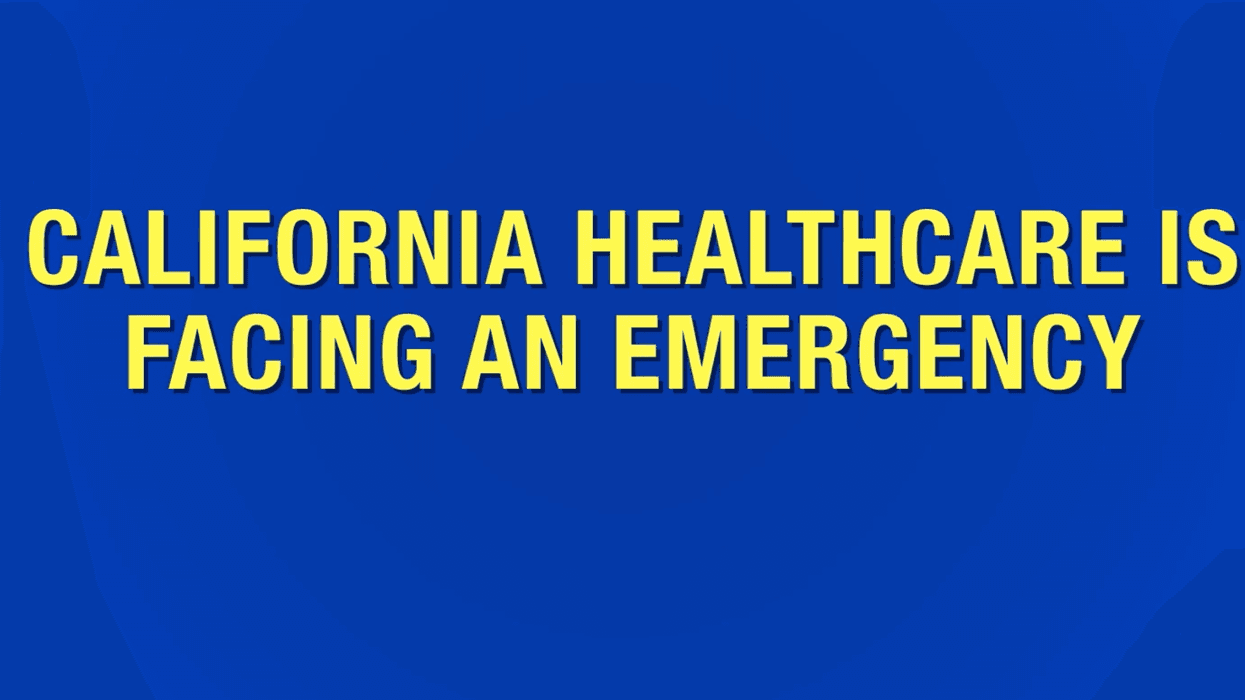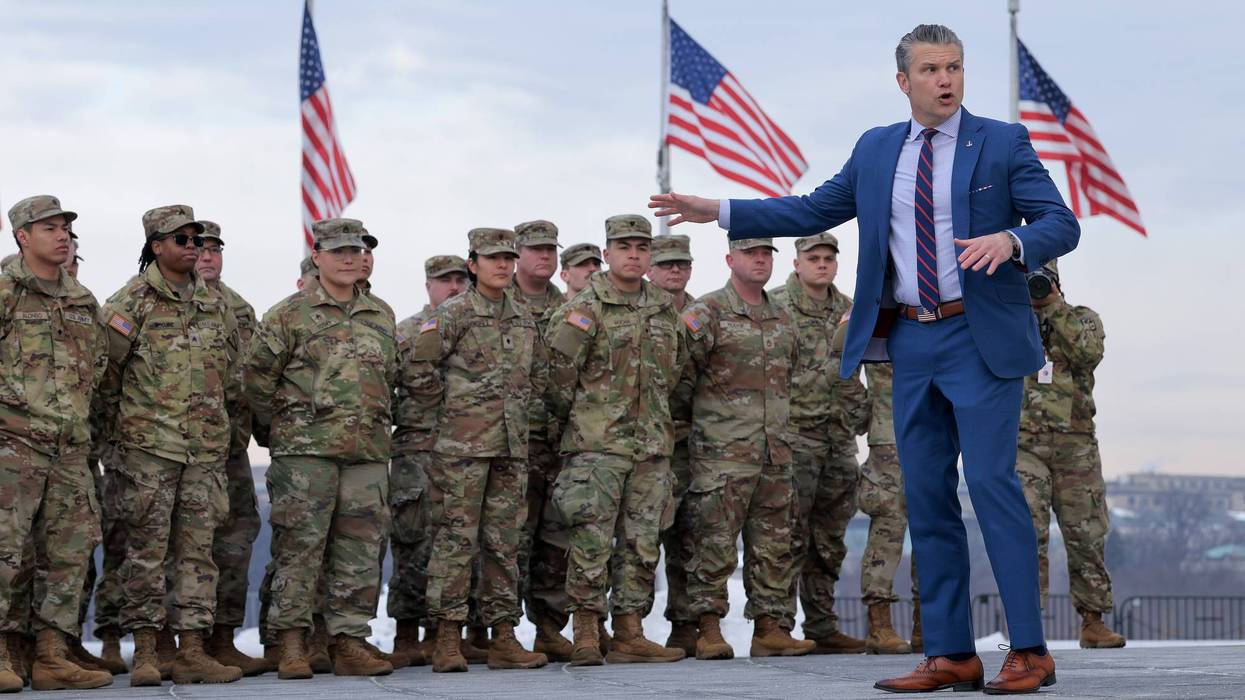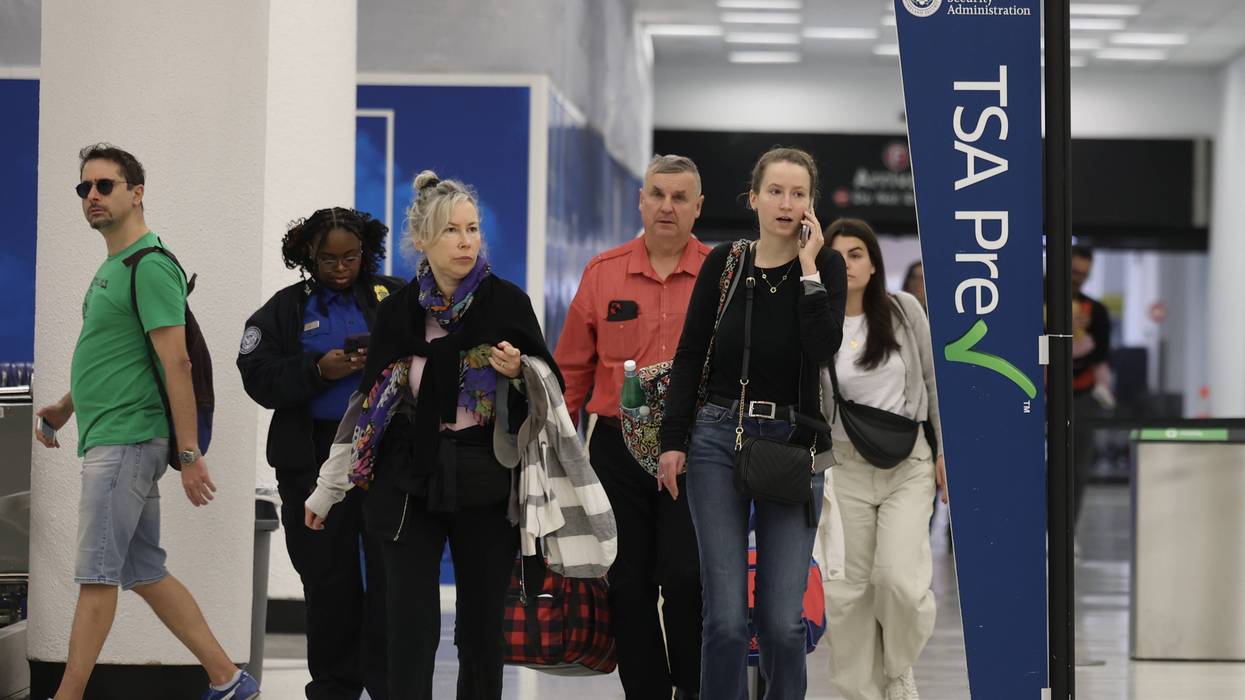Yesterday, two US Senate candidates called for the resignation of Secretary of State Brad Raffensperger, alleging "the management of Georgia elections has become an embarrassment for our state." Both candidates will be participating in January 5, 2020 runoff elections.
Statement of Aunna Dennis, Executive Director of Common Cause Georgia:
Questioning the results of our elections does a grave disservice to Georgia's voters--and also to the tens of thousands of people who worked to ensure that our November 3 election was conducted safely and securely in the middle of a pandemic.
A record number of Georgia's voters participated in this election, despite COVID 19. Just as in previous elections, the decisions of 'The People' must be respected and accepted. We need to move forward and ensure that the runoffs on December 1 and January 5 go as smoothly as possible.
The inflammatory political rhetoric heard this week also underscores the fact that some folks who are talking about our elections simply don't know what they're talking about.
In Georgia, elections are run by each of the 159 counties. Most counties' Board of Elections members are volunteers, or receive only a small stipend. They are members of our community, serving the public, making the best decisions they can in the context of limited budgets and politicized environments.
The State Election Board is tasked with issuing rules and regulations "so as to obtain uniformity" in elections throughout the state, "as well as the legality and purity in all primaries and elections." Although the Board is technically bipartisan, its current membership is majority-Republican.
Georgia's Secretary of State has some organizational and oversight responsibilities, and his office maintains the statewide voter registration database. But he doesn't singlehandedly "manage" our elections.
More than 20,000 Georgians did the bulk of the work, serving as poll workers during Early Voting and on Election Day. Many of them stepped forward, despite pandemic health risks, to replace poll workers who would be at even greater risk from COVID.
After voting was over, thousands of bipartisan adjudication teams across the state made hard decisions about whether or not to count questionable ballots. One Democrat and one Republican on each team. Again - local community members, serving the public, making the best decisions they can.
Hundreds more local community members helped open envelopes and run the machines that count the ballots.
Hundreds more served as nonpartisan "Election Protection" volunteers, answering voters' questions and helping resolve problems at polling sites across the state. Hundreds more volunteers scanned social media posts and answered voters' questions online.
Elections in Georgia are a community endeavor.
Anyone who tries to cast doubt on the results of our elections is devaluing the work of all these tens of thousands of Georgians who stepped forward to make sure our elections could go smoothly in the middle of a pandemic.
All these Georgians--Republicans and Democrats--literally put their lives on the line to conduct these elections. They deserve better than to have their efforts cheapened by people who don't like the elections' outcomes.





